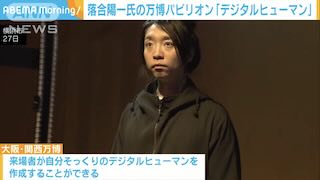Mar 02 (NHK) - Tokyo Electric Power Company, or TEPCO, says an underground frozen soil wall around its Fukushima Daiichi nuclear plant has had a limited effect in reducing groundwater contamination.
The 1.5-kilometer-long barrier is designed to keep groundwater from flowing into reactor buildings that were damaged by the March 2011 earthquake, tsunami and nuclear meltdowns.
The wall was expected to be the main defense against groundwater contamination, as about 500 tons of water was being tainted daily by radioactive substances.
TEPCO officials on Thursday estimated the amount of new contaminated water to have decreased by about 95 tons a day from before the wall was built.
They said the estimate is based on 3 months of data including that from before and after the wall was almost completed last November.
TEPCO had introduced a so-called sub-drain system for pumping up water from wells dug around the buildings.
The officials estimated that the 2 measures resulted in a decrease of 380 tons of tainted groundwater a day, suggesting the wall's effectiveness is limited and lower than that of the drain method.
The government plans to ask experts to look into whether the utility's estimate is accurate.
Public funds worth over 300 million dollars have been used to build the wall. Its annual operating cost exceeds ten million dollars.















